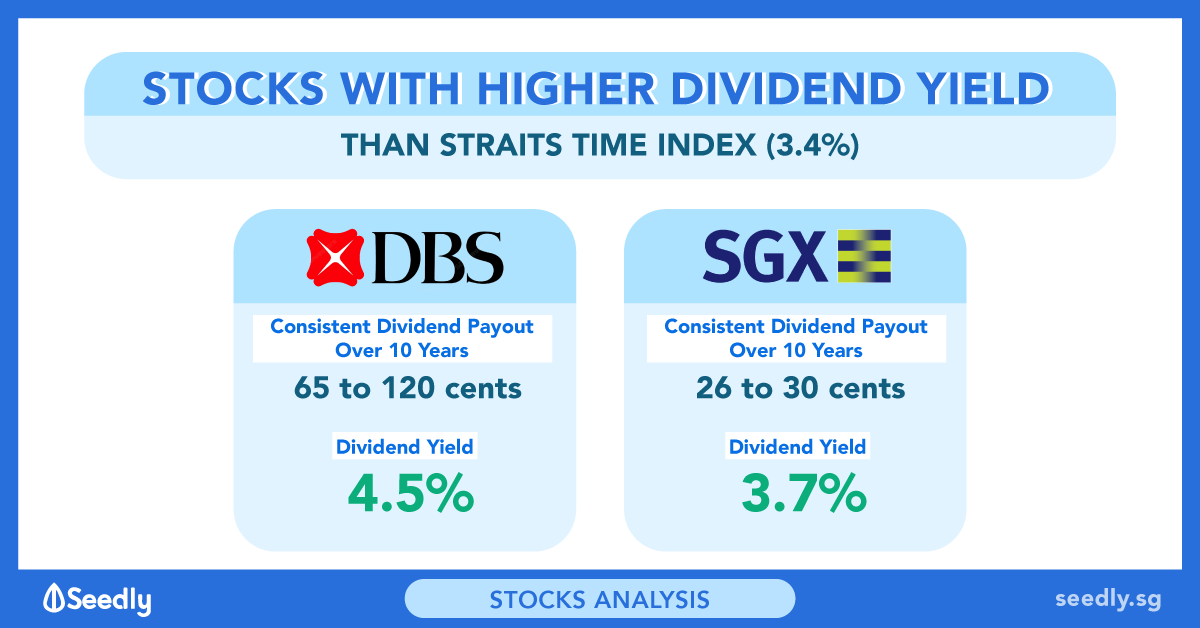Advertisement
Anonymous
Seems to me my current bonds are worth more when the yield curve shifts downward instead of upward. I am confused! Isn't higher yield curve a good thing? Is it reversed for bonds?
2
Discussion (2)
Learn how to style your text
Reply
Save
Heres a simplified way to understand this and here's an illustration of the SGS 10 Year Bond to aid you in your understanding!
Assuming you bought the 10 year bonds 6 months ago, at the yield of 2.583%, and the yield on the newly issued 10 year bonds as of today is at 2.092%, that effectively means that an investor who bought the SGS bonds 6 months ago is getting a higher return on his/her investment, compared to a investor who is thnking of investing in the same SGS bond today. Since the bonds issued 6 months ago offers a higher return, by logic, people would be willing to pay a premium to buy them from you at the secondary market if you want to liquidate your bonds (Note: SGS bonds cannot be cashed in before their maturity dates, but investors can always sell them in the secondary market.)
Extending this idea to corporate bonds, the idea is essentially the same. The main difference between a bond issued by a corporate vis-a-vis a government bond is the additional credit risk that investors have to bear when investing in corporates. This is known as the credit spread which is the difference in yield between two bonds of similar maturity but different credit quality. In both cases, the downward shift of the yield curve will lead to increase in the value of your current bonds.

TLDR; Whenver there is an expected decline in interest rates, bond prices generally rises. Therefore, as the holder of the bond, you stand to benefit.
Reply
Save
Write your thoughts
Related Articles
Related Posts
Related Posts
Advertisement









A more direct answer to your question is yes, it is better for your existing bonds when the yield curve (interest rate environment is weaker) is lower. Imagine: company A's bond which you hold has term of 5 years and coupon rate 2%. The same company that is issuing the exact same bond in a weaker interest rate environment can now issue that same tenure bond at a lower coupon rate instead of 2%. So the bond which you are holding, becomes more attractive vis-a-vis to the current offering (becase of the higher coupon rate) and the price is higher. This is a simplified explanation but the concept is sound